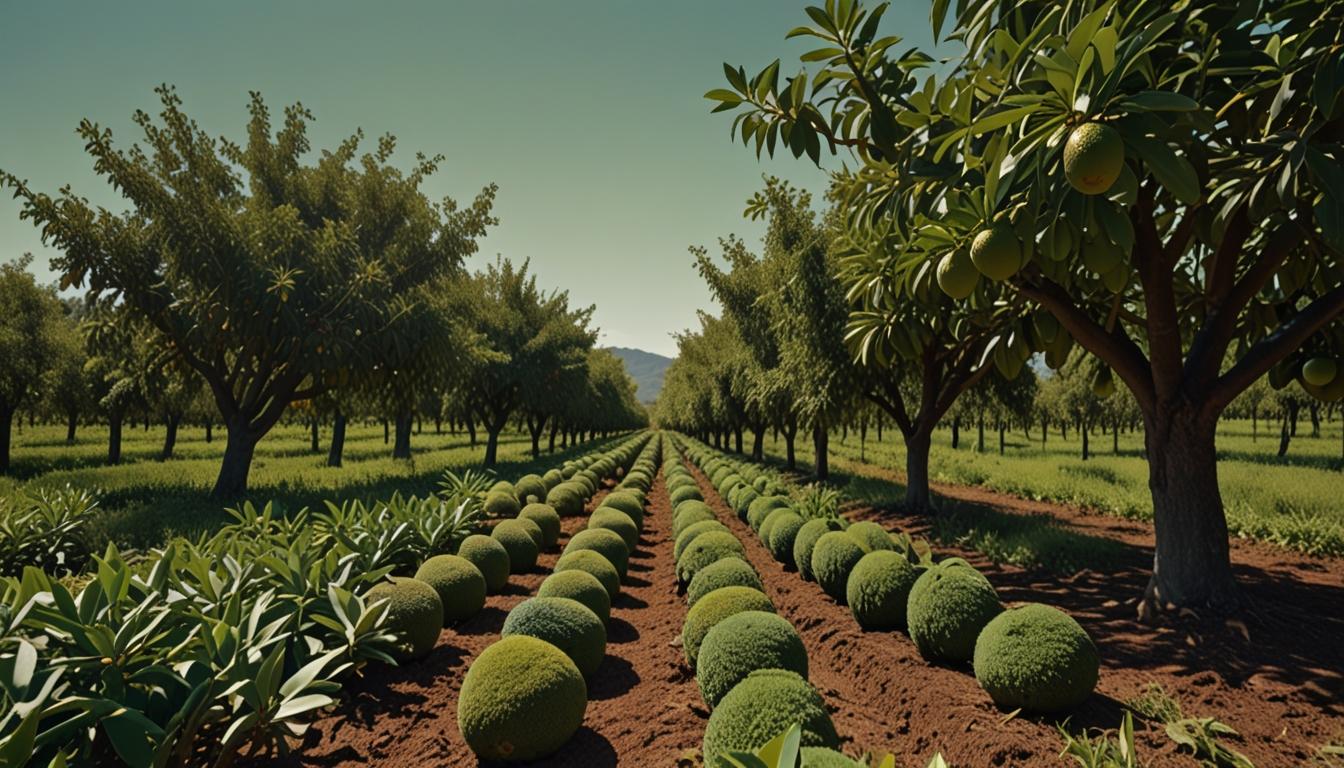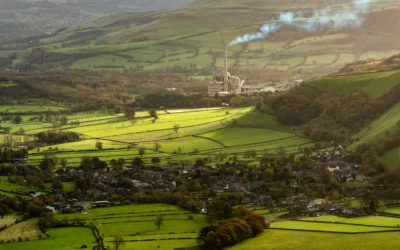On May 12, 2024, a report by Christian Aid highlighted the severe impact of climate change on global avocado production. The superfood, known for its high fiber and healthy fats, requires significant water, making it particularly vulnerable to hotter, drier, and more volatile weather conditions.
The report indicates that key avocado-growing regions such as Burundi, Chile, Peru, Spain, South Africa, and Mexico are experiencing reduced productivity due to changing climatic conditions. Projections suggest that by 2050, these areas could shrink by 14% to 41% depending on the rate of global emissions reduction. Mexico, the world’s largest avocado producer, could lose up to 43% of its growing area if global temperatures rise towards 5°C.
Jolis Bigirimana, an avocado farmer in Burundi, noted that extreme weather is already severely impacting farmers’ productivity and income. Similarly, Honor Eldrige, an expert in sustainable food, emphasized that the high water demands of avocado cultivation make the fruit increasingly expensive to produce.
Dr. Chloe Sutcliffe from the Royal Horticultural Society emphasized that regions like Peru and Chile, crucial exporters to countries such as the UK, are already grappling with significant water scarcity. The report advocates for urgent emissions reductions and increased financial support for farmers in climate-vulnerable regions to help them adapt to these changing conditions.
Mariana Paoli of Christian Aid stated that while avocados are highly nutritious, their intense water requirements make them susceptible to climate change impacts. The report concludes by urging richer nations to assist affected agricultural communities and accelerate the transition to renewable energy sources.




